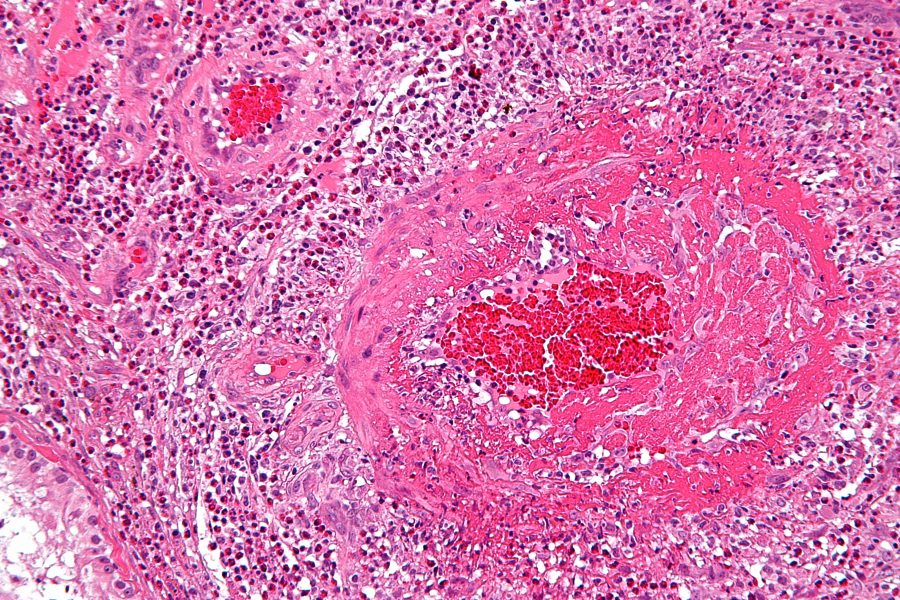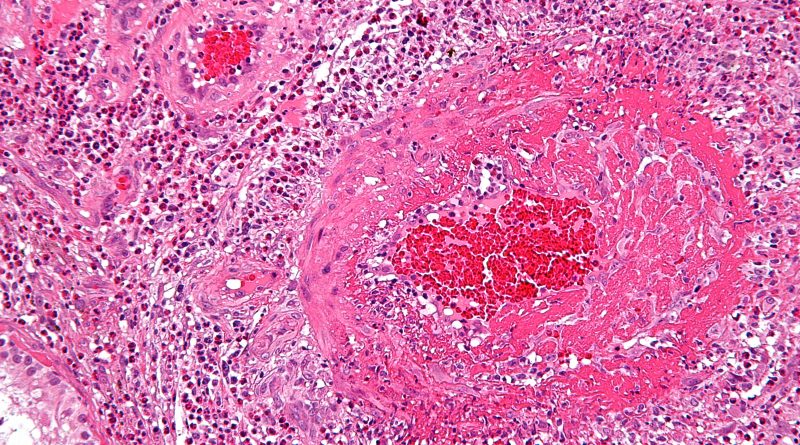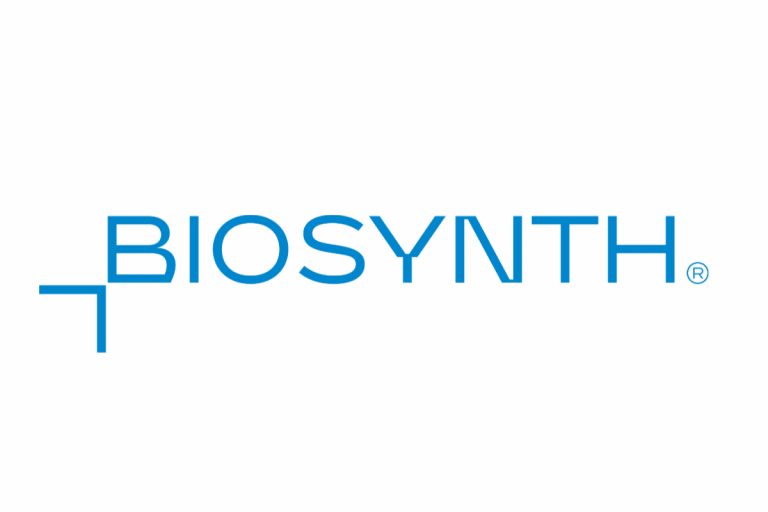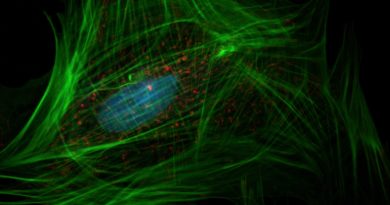AstraZeneca’s Fasenra Achieves Primary Objective in Phase III Trial in EGPA
The MANDARA Phase III trial marks the first head-to-head comparison of biologics in treating eosinophilic granulomatosis with polyangiitis (EGPA), putting a monthly injection of Fasenra against three monthly injections of mepolizumab.
Astra Zeneca has announced high-level results from this trial, revealing that AstraZeneca’s Fasenra (benralizumab) successfully achieved the primary trial endpoint and displayed comparable rates of remission to mepolizumab in EGPA patients who were receiving oral corticosteroids (OCS) with or without stable immunosuppressive therapy.
MANDARA represents the pioneering Phase III trial directly comparing the efficacy and safety of Fasenra versus mepolizumab, the sole currently approved treatment for EGPA. In this blinded study, patients were randomized to receive either a single 30mg subcutaneous injection of Fasenra or three separate 100mg subcutaneous injections of mepolizumab, administered every four weeks.
Fasenra is a monoclonal antibody that binds directly to IL-5 receptor alpha on eosinophils and attracts natural killer cells to induce rapid and near-complete depletion of blood and tissue eosinophils in most patients via apoptosis.
EGPA, a rare immune-mediated vasculitis, stems from the inflammation of small to medium-sized blood vessels. Around half of EGPA patients concurrently experience severe eosinophilic asthma (SEA). EGPA can inflict damage on multiple organs, including the lungs, skin, heart, gastrointestinal tract, and nerves. Left untreated, this condition can accumulate over time and pose fatal risks.

Dr Michael Wechsler, Principal Investigator said:
“The positive MANDARA trial results are exciting because patients with eosinophilic granulomatosis with polyangiitis today have limited treatment options but face crippling symptoms, which can even be fatal if not treated. This trial demonstrates that a biologic medicine given in a single monthly injection could help patients achieve remission rates comparable to the current standard of care, adding to the importance of benralizumab as a potential treatment option for eosinophilic granulomatosis with polyangiitis.”
Sharon Barr, Executive Vice President, BioPharmaceuticals R&D, AstraZeneca, said:
“The positive results from MANDARA demonstrate that Fasenra, which has a unique mechanism of action and directly targets eosinophils, can help patients achieve remission from the debilitating impacts of this inflammatory disease with a more convenient single monthly subcutaneous injection.”
Fasenra (benralizumab) is currently approved as an add-on maintenance treatment for SEA in the US, EU, Japan and other countries, and is approved for self-administration in the US, EU and other countries. Fasenra has been studied in almost 4,000 patients in global clinical trials.
Fasenra is in development for other eosinophilic diseases including chronic obstructive pulmonary disease, chronic rhinosinusitis with nasal polyps and hypereosinophilic syndrome. Fasenra was developed by AstraZeneca and is in-licensed from BioWa, Inc., a wholly-owned subsidiary of Kyowa Kirin Co., Ltd., Japan.
Full results from MANDARA will be presented at an upcoming medical meeting and data will be shared with health authorities around the world.
For more information please vvisit astrazeneca.com
Original Source: Astra Zeneca Press Release – https://www.astrazeneca.com/media-centre/press-releases/2023/fasenra-phase-iii-egpa-trial-met-primary-endpoint.html
Image Credits: Nephron, CC BY-SA 3.0 https://creativecommons.org/licenses/by-sa/3.0, via Wikimedia Commons
Recommended Companies
More Headlines








